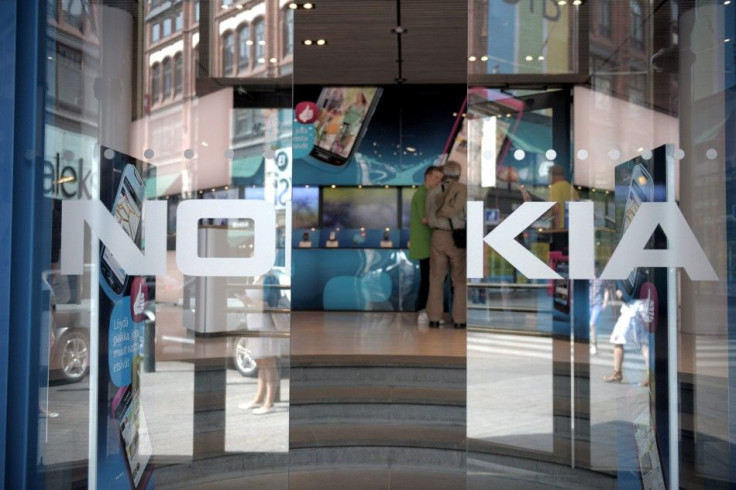Gartner: Nokia and Android Headed in Opposite Directions

Nokia is inching closer to the inevitable: losing its spot as the top phone vendor in the world, a place it has been entrenched at for a long time.
The most recent Gartner numbers are finally showing off what most analysts have been saying for a long time: Nokia is in trouble. In the overall worldwide mobile device shipped segment, Nokia was still number one - but barely. The company from Finland's 22.8 percent market share is the lowest share its had on the market since 1997. Samsung, which manufactures phones with Google's immensely popular Android platform, was second place at 16.3 percent. LG was third at 5.7 percent.
A crowded market of emerging smartphone manufacturers meant that in terms of hardware there were no huge gainers. Apple, came in fourth place doubling its place in the market from the previous year going from 2.4 percent to 4.6 percent.
While there were no big gainers on the hardware side, Android was the breadwinner in terms of software. What a difference a year makes. In terms of smartphone operating system, Google's Android went from 17.2 percent of the market last year to 43.4 percent of the market this year. It has long since surpassed Nokia's Symbian operating system and has come close to doubling it - Symbian is at 22.1 percent.
Apple's iOS was in third place with 18.2 percent market share. Research in Motion's Blackberry operating system took a tumble that was nearly as big as Nokia's. Last year, it held 18.7 percent of the marketplace. This year it has sunk to 11.7 percent.
Gartner analyst Hugues De La Vergne said Android has made a run to the top by taking advantage of the mistakes from RIM and Nokia. While Android faces stiff competition from Apple and the iPhone in the end of the smartphone market, De La Vergne says the OS could take over the mid to low tier.
"In the mid/low tier, Android has been gaining significant market share. For example, in the US, Android has made significant inroads with major prepaid operators with $99 retail prepaid phones for vendors like Huawei," De La Vergne said in an email.
Meanwhile, it has been the same old song and dance for Nokia over the last few years. The company has watched smartphones from Apple and Google based manufacturers decimate its standing in the U.S.
Nokia recently announced it was shuttering its Symbian based phones in the U.S. and focusing solely on Windows Phone 7 based smartphones. However, analysts don't see Nokia making a mark in the North American Market (NAM).
"In the NAM, Nokia/MSFT will not achieve much success and will remain a distant 4th place behind, Android, iOS and RIM. If it makes any dent at all, he doesn't expect it to happen until the second half of next year at the earliest because of a current lack of portfolio,
He does cite the company still has good brand value and distribution. This is more credit than other analysts are giving the company.
"The collaboration with Microsoft now appears to us unlikely to be successful, as Nokia's brand is losing ground too fast. ... Android has been clearly identified by management as being the major driver behind the current negative trend of Nokia, especially in Europe," Sanford Bernstein analyst Pierre Ferragu said in a recent note.
Follow Gabriel Perna on Twitter at @GabrielSPerna
© Copyright IBTimes 2024. All rights reserved.











